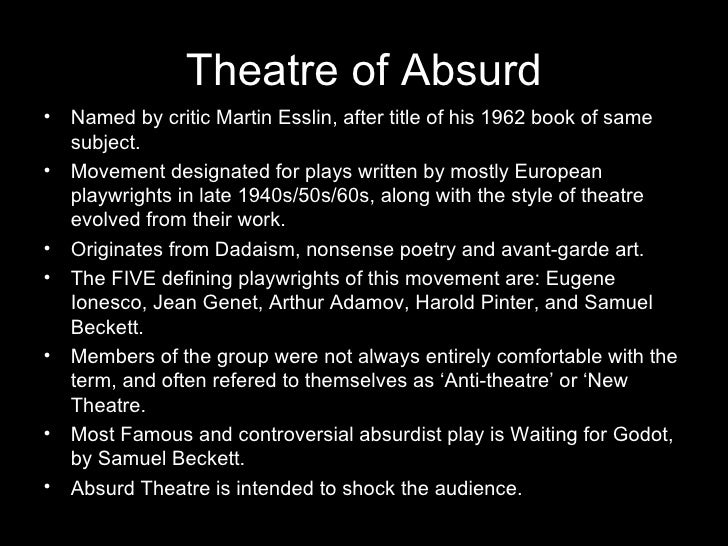
But now we have a culture that does not believe in God, so what is beauty? Is it purely subjective? You happen to like listening to Beethoven, I happen to like listening to the sound of a concrete mixer making concrete. Is there any difference of value between the two? Can we have any real idea of what beauty is? What, if anything, is of value, what is worth celebrating? The result is that in the last 30 years we have seen the emergence of what is called post-modernism. Post-modernism has many forms, but one of the things that often characterises it is precisely this doubt. The American artist Andy Warhol asked this question in many ways. He once produced a sculpture that was an exact replica of a box of Brillo pads, soap pads that you can use for washing up dishes. In the past, he might have said, we made sculptures of human beings. But what is special about human beings? They are just chance products, they are no more special than anything else. So why should we not equally meaningfully make a replica of a box of Brillo pads? More recently, another American artist, Jasper Koons, has made a name for himself with (among other things) a giant inflatable rabbit. Earlier in the century, Marcel Duchamp presented a toilet as a work of art. One wonders how many times such things can be done, and whether we have now reached a situation where it will be very difficult to 'believe enough' to create great art.
A not dissimilar question is posed by the music of John Cage. Beethoven might write symphonies for violins, clarinets, flutes; but why are these sounds more 'privileged', more significant, than anything else? Cage once wrote a famous piano piece of music that posed this question, where he does not even play the piano. He simply sits at it. Why, after all, should we give the term 'music' to the sound of pieces of wood striking pieces of wire? The sounds of people laughing or jeering, people walking out or arguing or even demanding their money back, would be as much an expression of music as the sound of bits of wood and wire. The reasoning is not quite the same as Warhol's, but it is logical enough. Cage once wrote, 'I have nothing to say and I am saying it and that is poetry.' All that is left at that point is the act of speaking, of words without meaning. It is the last extremity of formalism. We might also think here of the Irish dramatist and novelist Samuel Beckett, many of whose writings present just a voice speaking in the dark, with nothing to say, wanting indeed to stop but unable to do so and therefore going on speaking, meaninglessly, hopelessly, for page after page. That endpoint is all that is left in the universe. We have to ask: if there is no God, is there any logical alternative to postmodernism?
1. theatre of the absurd: out of harmony, illogical,
2. existentialism: sarte, camus; men starts life with nothing, the myth of Sisyphus 1942, no god, humans create moral standard, futile labor, pointless existence
3. plots unconventional, breakdown of communication; deliberate absence of the cause and effect relationship between scenes; lack of conflict, nonlinear plot development, ending where they began; nothing happens
4. samuel becket, writing for godot 1953
5. Character:no development, lack motivation, time place identity blurred,
6. Movement: slow, illogical, repetitive,
7. Dialogue: language devalued as a communication tool, illogical, silence, monotone,
8. Stagecraft: simple, barren,
9. Others help define oneself, need others to find their identity (Gabriel Marcel); tension
10. Heroes: just a voice
沒有留言:
張貼留言